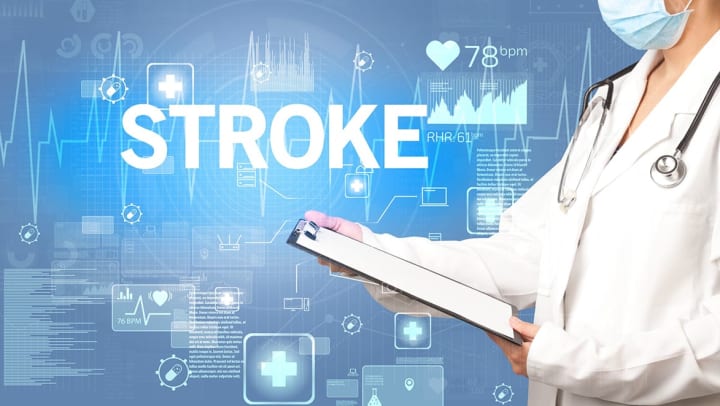
Strokes affect almost 800,000 individuals each year in the U.S. The National Heart, Lung, and Blood Institute defines a stroke as occurring when the flow of blood to the brain is blocked or sudden bleeding occurs in the brain.
October 29th is World Stroke Day, a good time to focus on spreading awareness and providing information to help us all be better informed.
The Mayo Clinic identifies three different types of strokes:
Regardless of the type of stroke, all are considered medical emergencies. Even a TIA can reveal partially narrowed or blocked arteries that feed the brain. Ultimately, a stroke can cause serious brain damage which, in turn, can result in disability or even death.
What is the link between a stroke and dementia?
While Alzheimer’s disease is the most common form of dementia, vascular dementia is second, occurring when a decrease of blood flow to the brain damages tissues. And, yes, there is a link between a stroke and vascular dementia. Individuals who suffer a stroke have a greater likelihood of developing vascular dementia, according to research cited by Healthline.
Research cited by The American Stroke Association describes three factors that can increase risk of vascular dementia, along with heart disease and stroke:
The good news is that it is possible to reduce your risk of a stroke.
The CDC (Centers for Disease Control and Prevention) has a list of recommendations which include:
The link between strokes and vascular dementia is one of many reasons to keep up to date with your doctor visits and take actions within your power to care for your health, avoiding bad habits that may increase your risk of a stroke.
Here are a few additional resources to learn more about strokes and vascular dementia:
https://www.stroke.org/en/about-stroke
https://www.mayoclinic.org/diseases-conditions/stroke/symptoms-causes/syc-20350113
https://www.nhlbi.nih.gov/health/stroke
https://www.alz.org/alzheimers-dementia/what-is-dementia/types-of-dementia/vascular-dementia
https://www.nia.nih.gov/health/vascular-dementia
Related Articles: